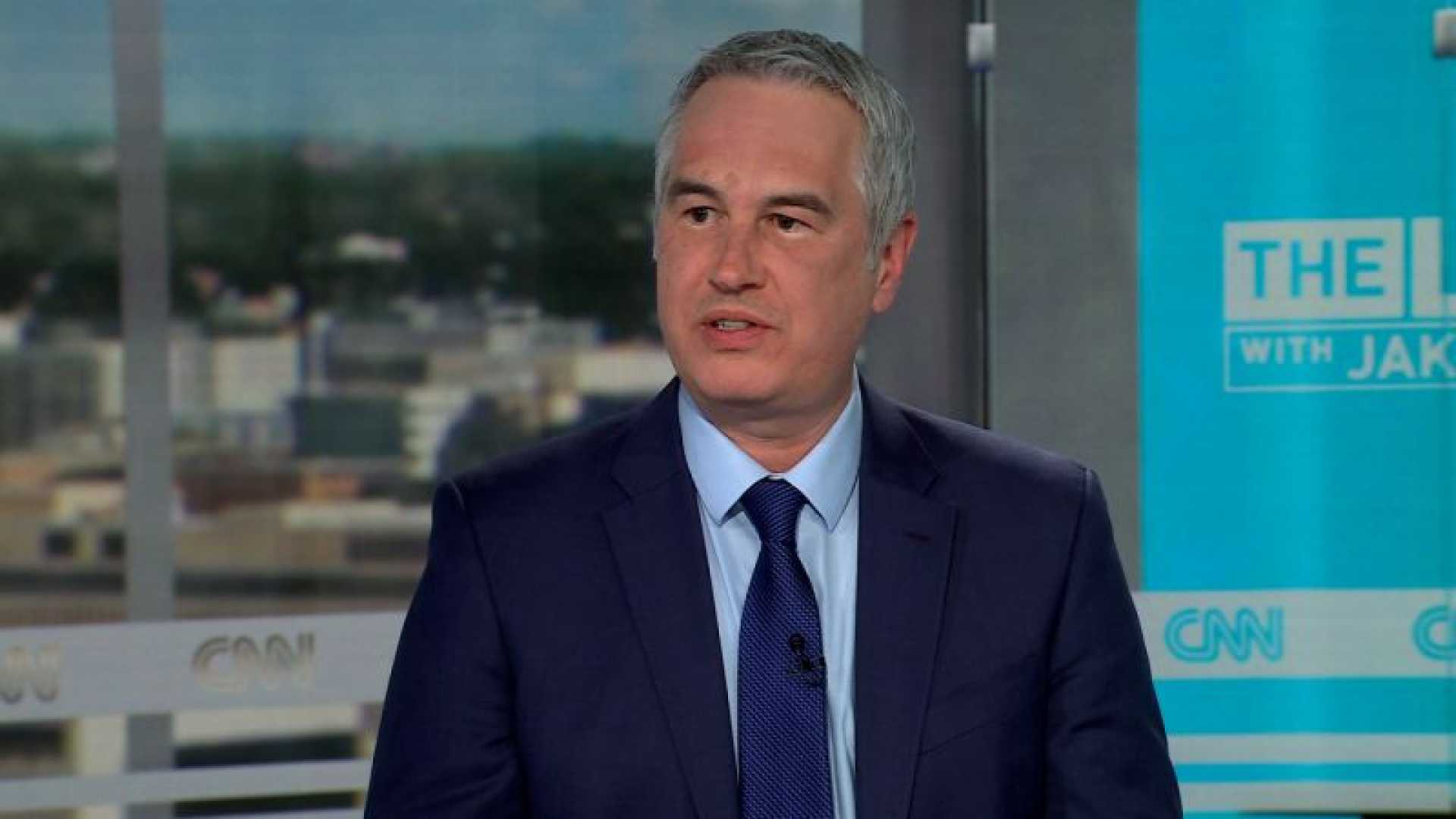Health
NIH Researcher Resigns Amid Claims of Censorship on Food Studies

WASHINGTON, D.C. — Dr. Kevin Hall, a senior investigator at the National Institutes of Health (NIH), announced his early retirement Wednesday, citing concerns over censorship regarding his research on ultraprocessed foods. With 21 years at the NIH, Hall expressed dissatisfaction with how agency leadership handled critical findings that did not align with their narrative.
His resignation comes shortly after Robert F. Kennedy Jr. took over as Secretary of Health and Human Services, a move that many food researchers viewed with cautious optimism. Hall had hoped that Kennedy’s administration would foster support for research into nutrition and food policies. “When I saw the MAHA movement gaining bipartisan support last year, it was music to my ears,” Hall stated in a letter addressed to Kennedy and incoming NIH Director Dr. Jay Bhattacharya.
However, Hall claimed that recent events had led him to question whether NIH remains a viable environment for unbiased scientific inquiry. “I experienced censorship in the reporting of our research because of agency concerns that it did not appear to fully support preconceived narratives,” he detailed in his resignation letter.
In a personal post on social media, Hall emphasized the pressures that ultimately influenced his decision to step back from NIH, pointing out that the agency restricted his ability to communicate his findings effectively. “Given the new administration’s interest in these issues, I hoped to expand that research program,” he remarked.
Hall’s research has focused on understanding how ultraprocessed foods impact human health, specifically their contribution to obesity and related chronic diseases. He has conducted controlled trials, with one published in the journal Cell Metabolism, finding minimal brain responses to high-fat, high-sugar ultraprocessed milkshakes—an assertion that appears to conflict with the prevailing view of such foods as addictive.
Responding to Hall’s claims, an HHS spokesperson stated, “It’s disappointing that this individual is fabricating false claims,” while insisting on the agency’s commitment to promoting rigorous research. The spokesperson contended that NIH scientists would continue to engage with media on their findings through appropriate channels.
In his communications, Hall expressed concerns regarding interruptions in research operations, citing the inability to purchase study supplies and the lack of replacements for essential personnel. He stated, “We have been hobbled on several occasions with intermittent inability to purchase food for our study participants or obtain research supplies,” referring to the logistical challenges impacting the integrity of ongoing studies.
Food and nutrition researchers have raised alarms about Hall’s departure, viewing it as a potential setback for public health initiatives. Marion Nestle, a prominent food policy expert, described Hall’s resignation as “a national tragedy,” pointing out that it undermines the credibility of efforts aimed at improving nutrition policies.
Histories of administration interference with public health communications exacerbate the awkward circumstances surrounding Hall’s resignation. Concerns were previously raised during the Trump administration, which faced criticism for altering CDC reports to align with political messaging during the COVID-19 pandemic.
In his final remarks, Hall outlined a desire to return to government service to advance research that addresses the rising rates of chronic disease linked to food supply issues. “Perhaps I could soon return to government service and lead an effort to expand our research efforts,” he concluded.
As Hall departs, the implications of his resignation resonate through the community of health researchers advocating for transparent food and health studies at the federal level.












